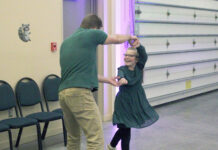Events in the news these days cause me to question the thinking, the rationale of others, especially on topics related to education. I see so much irony and hypocrisy that I cringe. In 2022 Indiana lawmakers sought to ban divisive topics and harmful materials from public school classrooms. This year the Senate passed SB 12,…


